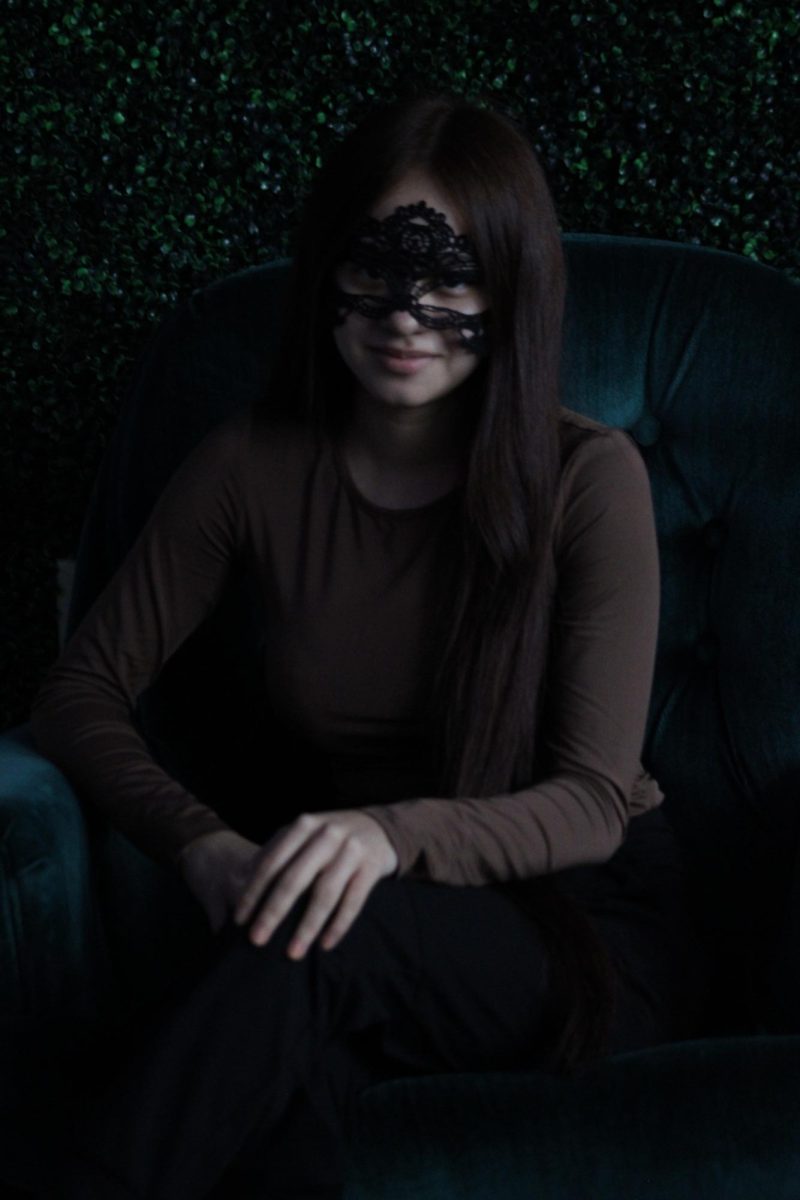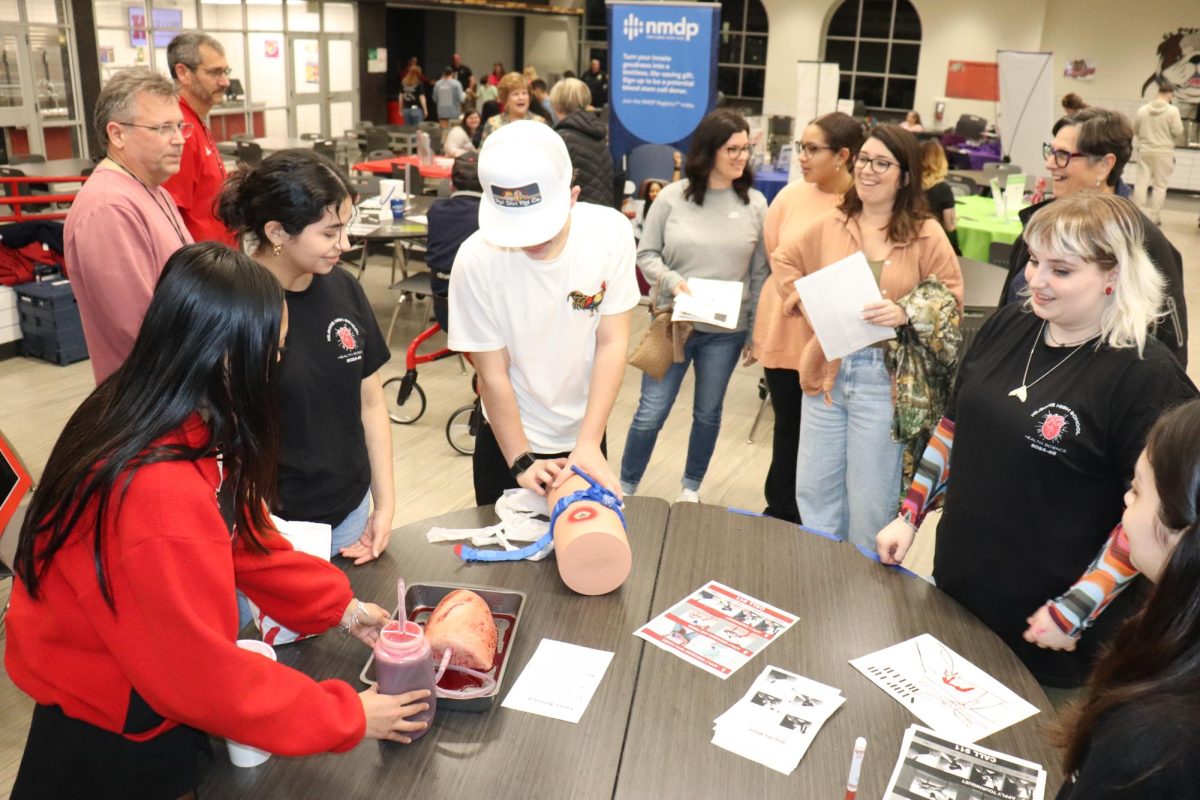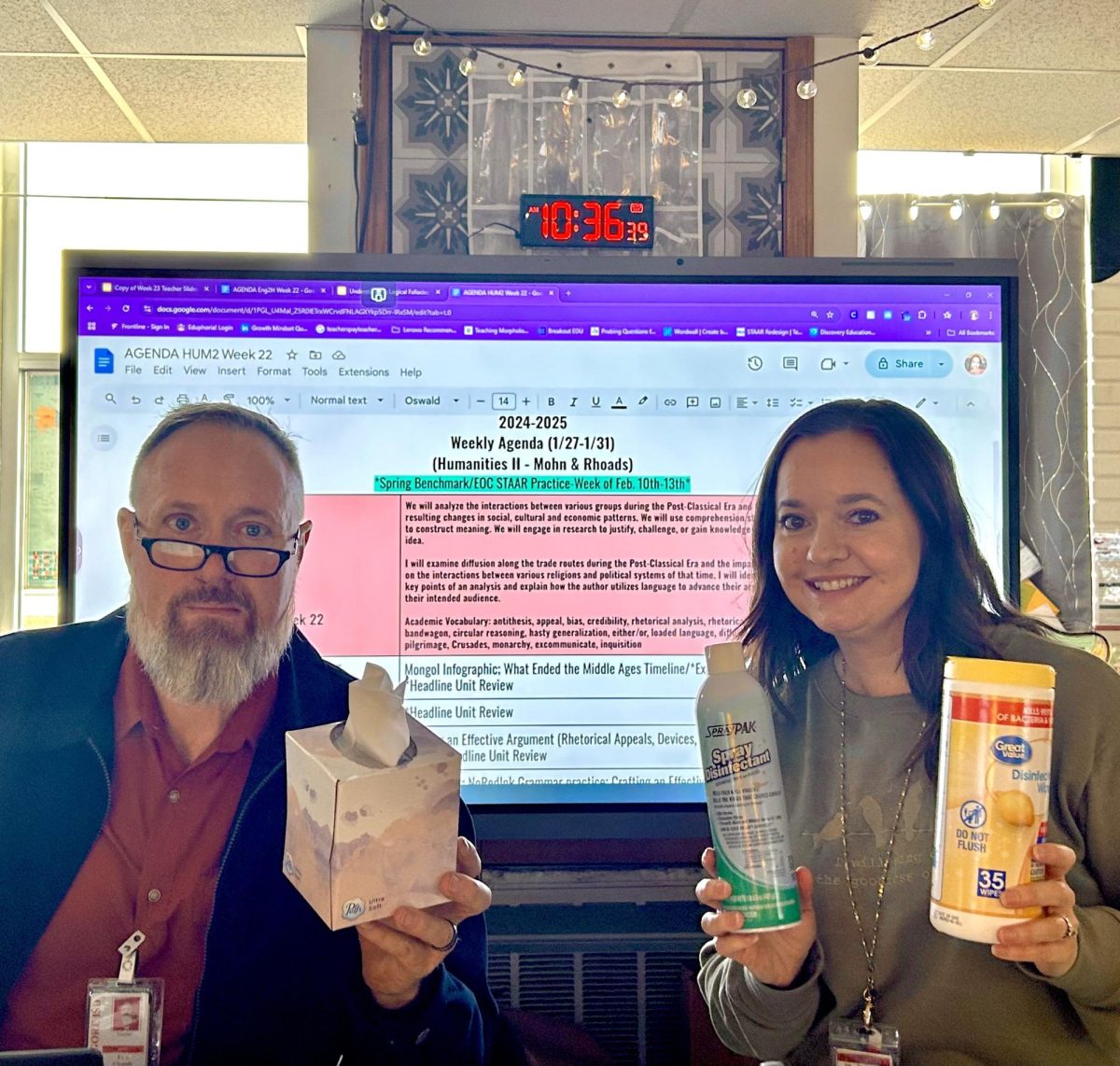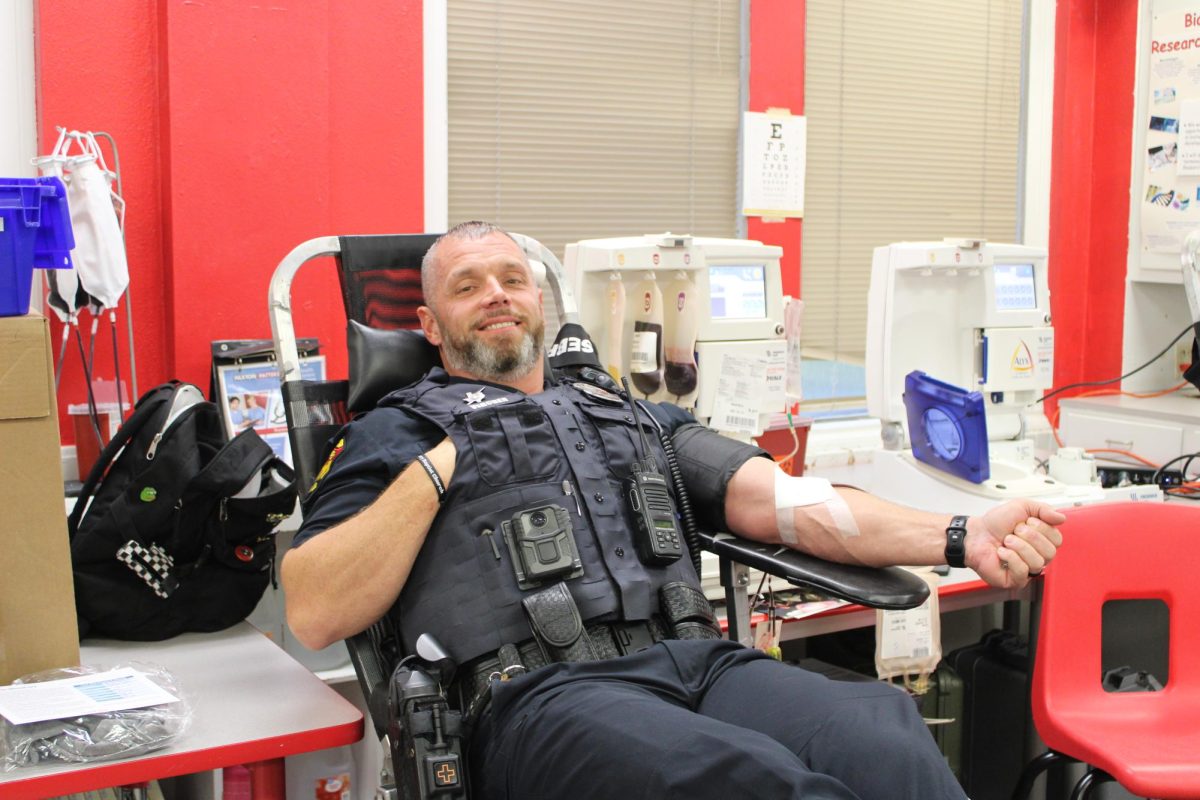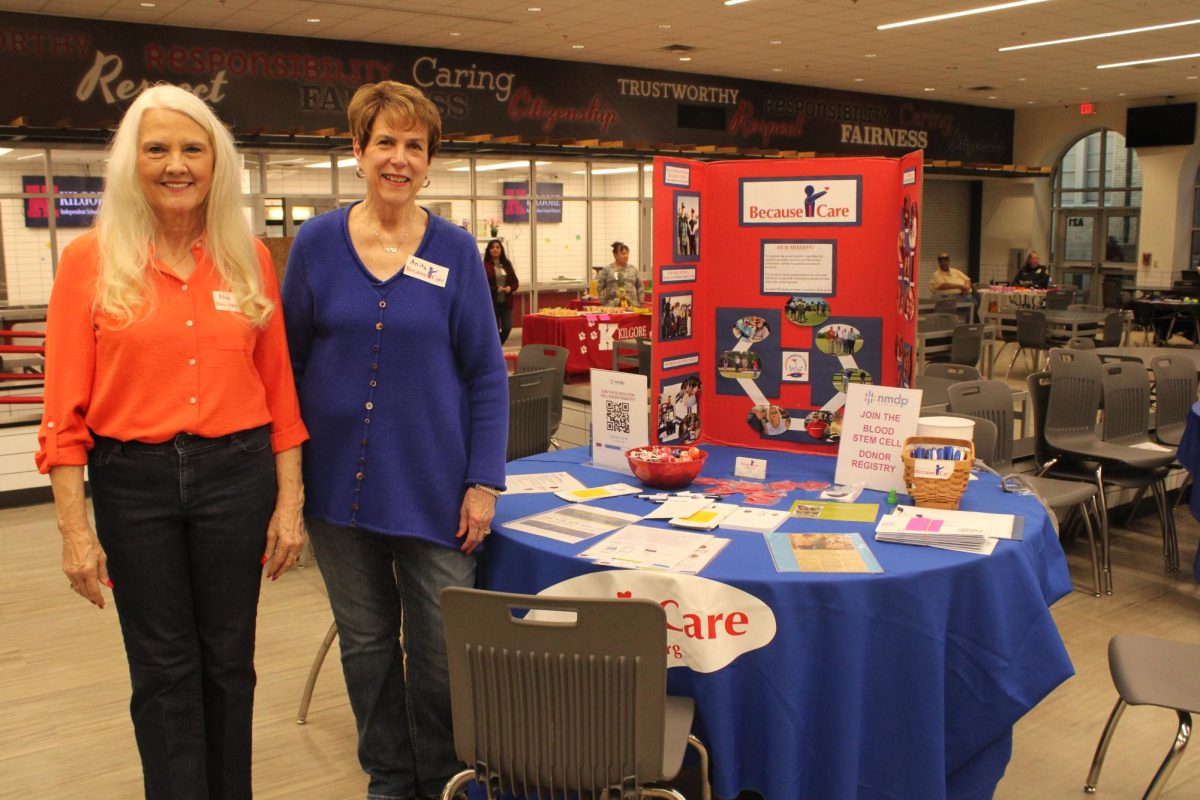As the weather changes, many students start to experience changes in their mood. Whether this means experiencing the magical feeling of fall as the leaves turn orange or red, and hearing the crunch of them as you take a step on the concrete. Other changes may include feeling fatigued or irritated all the time. Not wanting to get out of bed, or a general lack of energy. You may feel exhausted, stressed, anxious, or even having trouble sleeping or sleeping too much. Eating less or eating more(binging). Trouble thinking or focusing, or maybe even thoughts of hopelessness or harm. You are not alone. About 10 million Americans experience seasonal affective disorder (SAD), and 10% of that number are adolescents.
Why does Seasonal affective disorder occur? It’s a type of depression that usually happens due to melatonin, a sleep-related hormone. The body naturally makes more melatonin when it’s dark. So, more melatonin is produced when the days become shorter and darker. It happens during certain seasons of the year—which are mainly fall or winter. Because shorter days and less daylight, this could trigger a chemical change in the brain leading to symptoms of depression. S.A.D isn’t self-diagnosable though. You should schedule an appointment with a doctor or psychiatrist to get diagnosed and possible help if you need to be treated. Seasonal sadness can cause students or adults to fall behind. This not only affects them in school but in other aspects of life.
“I’m usually in this dull atmosphere where I feel numb to the world, and my bed is the only thing that comforts me,” said Senior Mariah Coleman.
What about the adolescents who are full-time students and part-time workers?
“The way I feel when this time of year comes around affects not just me, but also the people around me, along with me not being able to focus at work or school. I feel like I’m ruining the mood because of the way I feel,” said Junior Lincoln Rounsavall.
“I feel like no one understands me,” said Junior Makenzie Marshall.
When asked if these students had someone to talk about their emotions with, we got different but very similar answers among the three.
“No, because I don’t know how to explain the feeling,” said Coleman.
“No, because it honestly doesn’t need to be talked about. I’m just very tired all of the time as well as stressed,” said Rounsvall.
“No. I don’t know how to express how I feel,” said Marshall.
So if you don’t have anyone to talk with, how do you cope with your emotions? How do you manage throughout the day?
“I usually just try to watch some type of comedic movie, mostly Adam Sandler. I also listen to melodic music,” said Mariah.
“I usually enjoy a good coffee in the morning,” said Rounsvall.
“I usually just listen to music or just take a small nap,” said Marshall. Marshall also uses writing to express how she feels.
No one should have to feel this way by themselves.
Coleman’s advice to others is to “Pray about it when you feel too low”.
“Talk to your parents about possibly seeing a therapist or go outside in nature and have some hours to yourself,” said Marshall.
“Focus on yourself rather than worrying what others think about you,” said Rounsvall.
S.A.D. doesn’t have to consume your life. There are many ways to overcome this feeling of never-ending sadness by yourself or with help from doctors, You could
-Get outside during daylight
-Brighten up your environment.
-Eating well
-Exercise (outdoors – if you can)
-Keep something to journal your thoughts in
-Talk to a loved one or a friend
-Visit the School counselor
If you feel that you can’t find a way to cope with S.A.D. reach out to a doctor, physiatrist, or the National Suicide Prevention Hotline (988) for suicidal thoughts or thoughts of self-harm.







